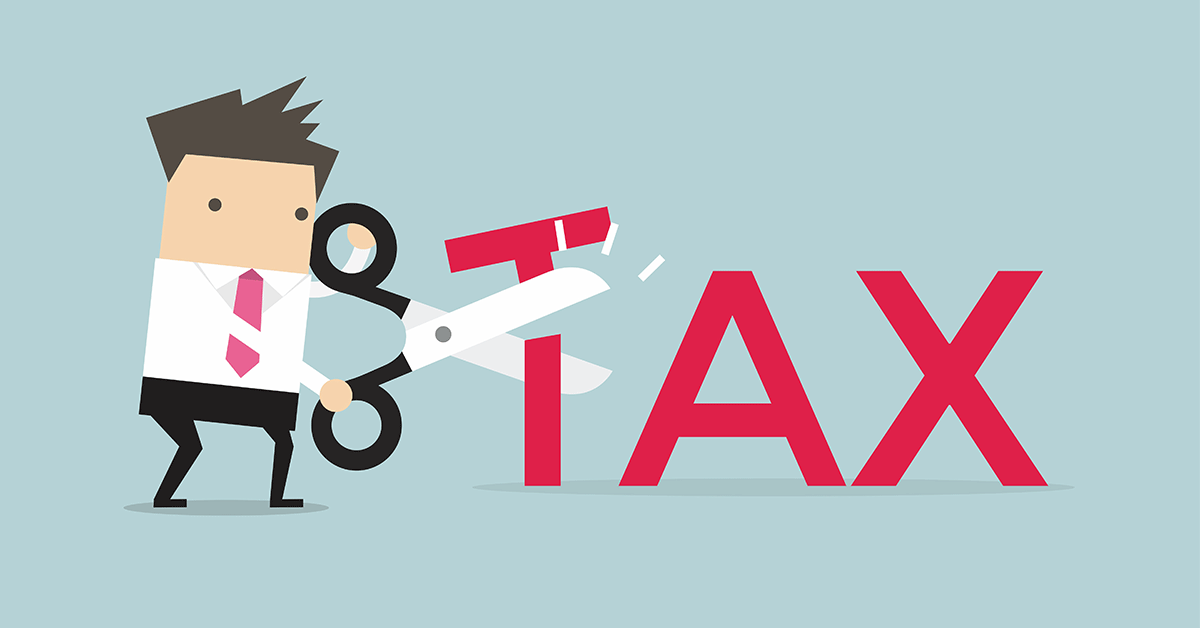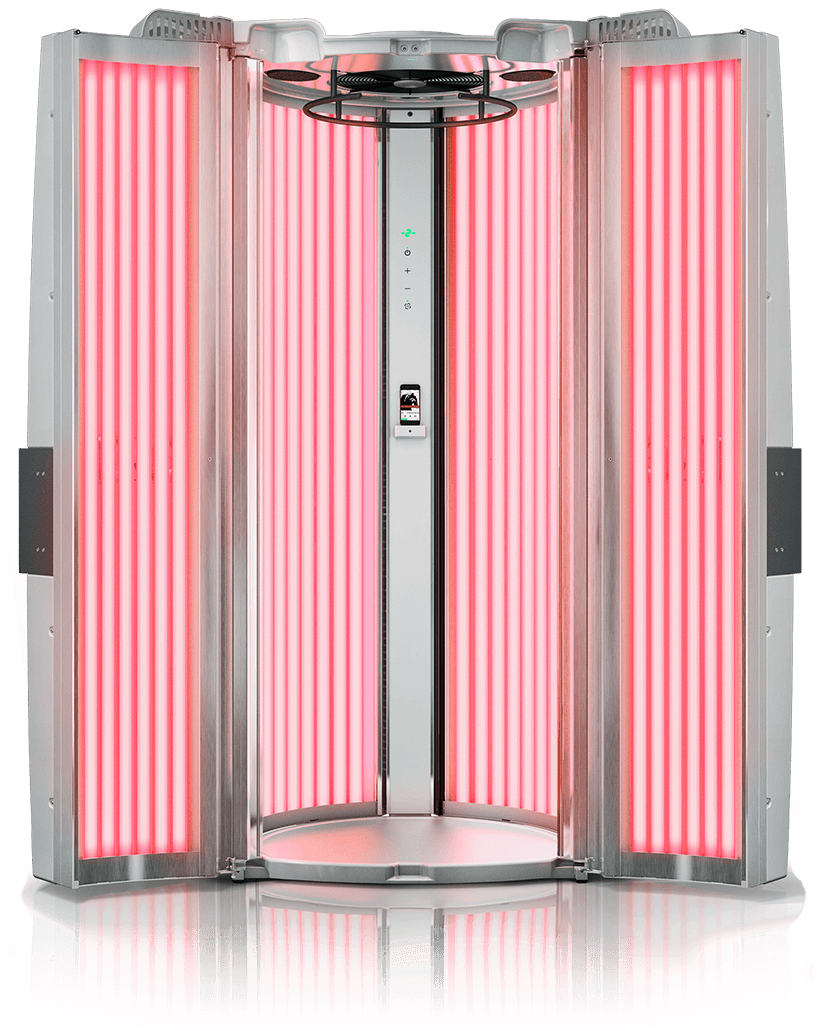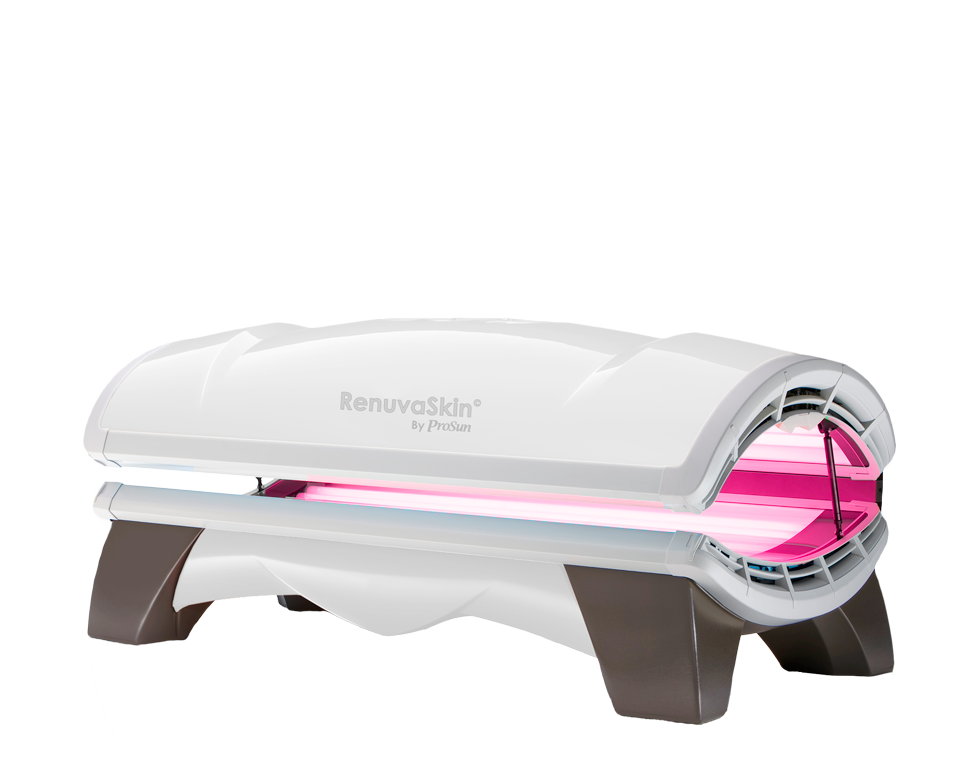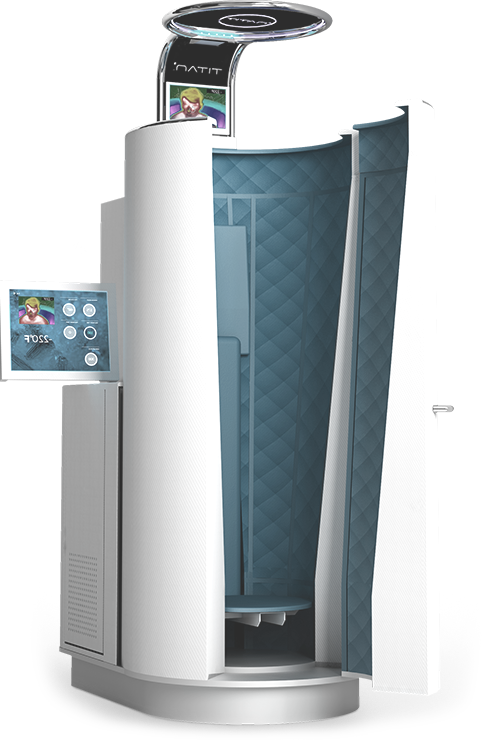Posted by: Prosun International on December 5, 2018 | Topic: Equipment
Possible Tax Deductions on Equipment Purchased or Leased in 2018

DID YOU KNOW?
YOU CAN GET POSSIBLE TAX DEDUCTIONS ON EQUIPMENT PURCHASED OR LEASED BEFORE 12/31/2018?
Tax Cuts and Jobs Act of 2017 changes and how to expense the full value of equipment assets on your taxes.
Businesses can deduct the full purchase price of qualifying equipment purchased or financed during the tax year. That means that if you buy (or lease) a piece of qualifying equipment before December 31st, you can deduct the FULL PURCHASE PRICE from your 2018 gross income and if leasing, you pay for the equipment over time.
Who Qualifies for Deductions?
All businesses that purchase, finance, or lease new or used business equipment during the tax year 2018 should qualify for the depreciation tax deductions. There are limitations on the amounts, and you should always consult with a tax advisor before taking advantage of any tax deduction.
For guidelines on what property is covered under the tax code, the IRS lists qualifying equipment but, it is a long list. For 2018, tax depreciation deductions can also include qualified property (building) improvements.
Leasing & Tax Deductions
There is a huge advantage to leasing or financing equipment and then taking the Full Depreciation Tax Deductions. Equipment buyers can deduct the full amount of the equipment without paying the full amount right away. The amount saved in taxes can exceed the annual, monthly payments, making this a very bottom–line friendly deduction. The small business that is managing cash flow can leverage a lease to minimize out–of–pocket cash and still, take the tax deductions.
For more information about purchasing or leasing tanning and wellness equipment contact us today!
*Information originally shared by https://timepayment.com/
*ProSun International and its affiliates do not provide tax, legal or accounting advice. This material has been prepared for informational purposes only, and is not intended to provide, and should not be relied on for, tax, legal or accounting advice. You should consult your own tax, legal and accounting advisors before engaging in any transaction.



















